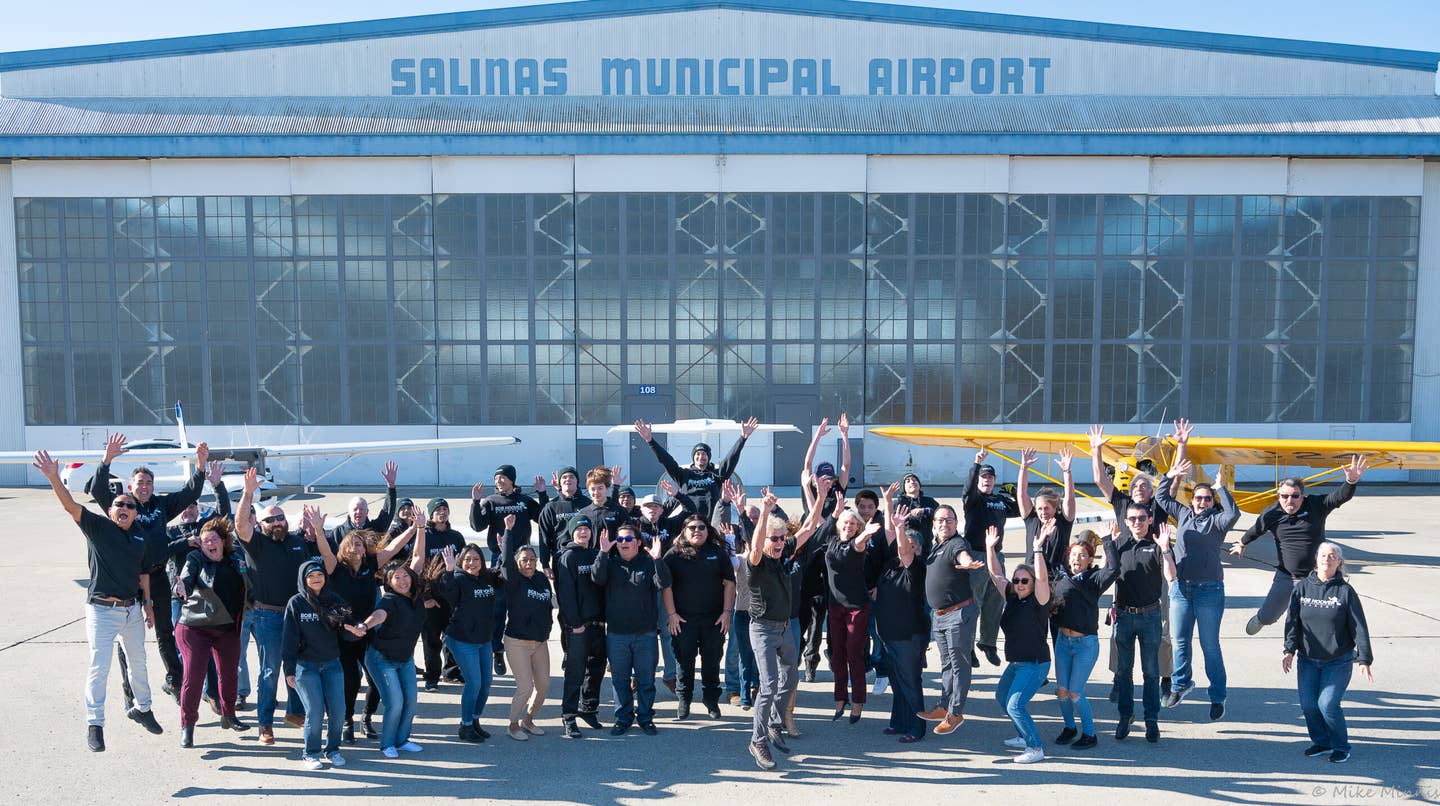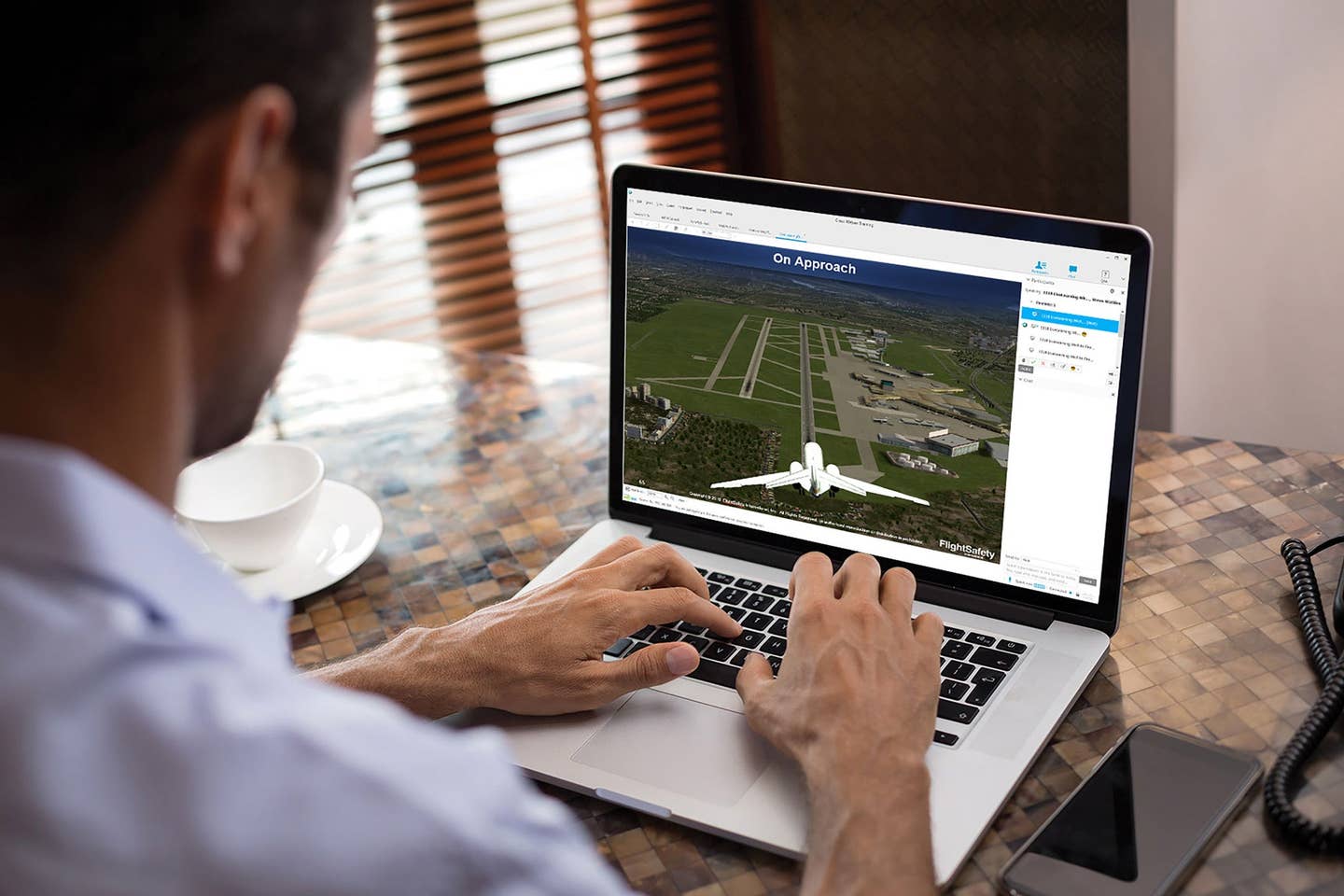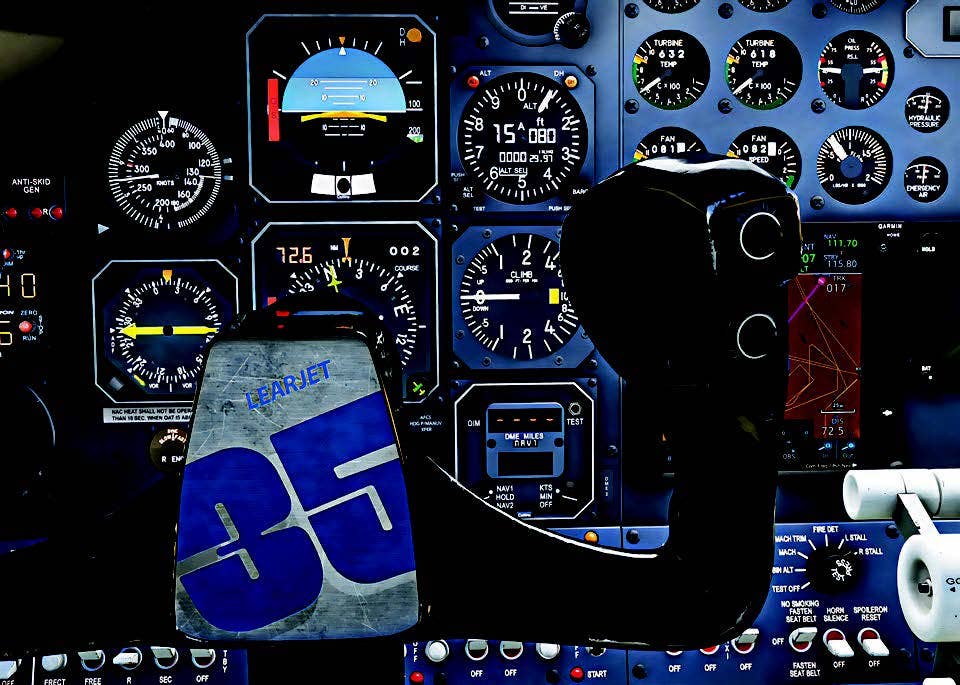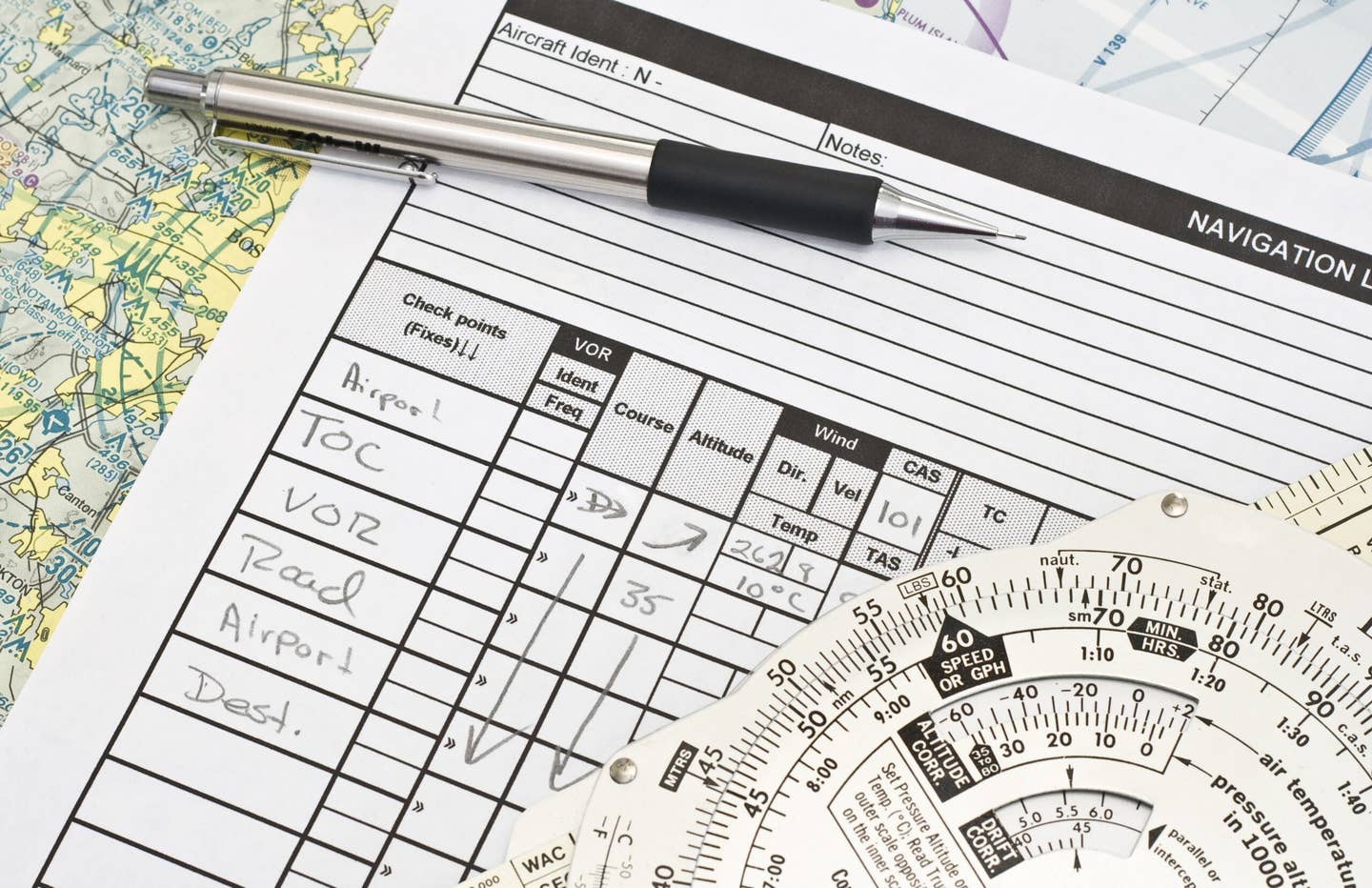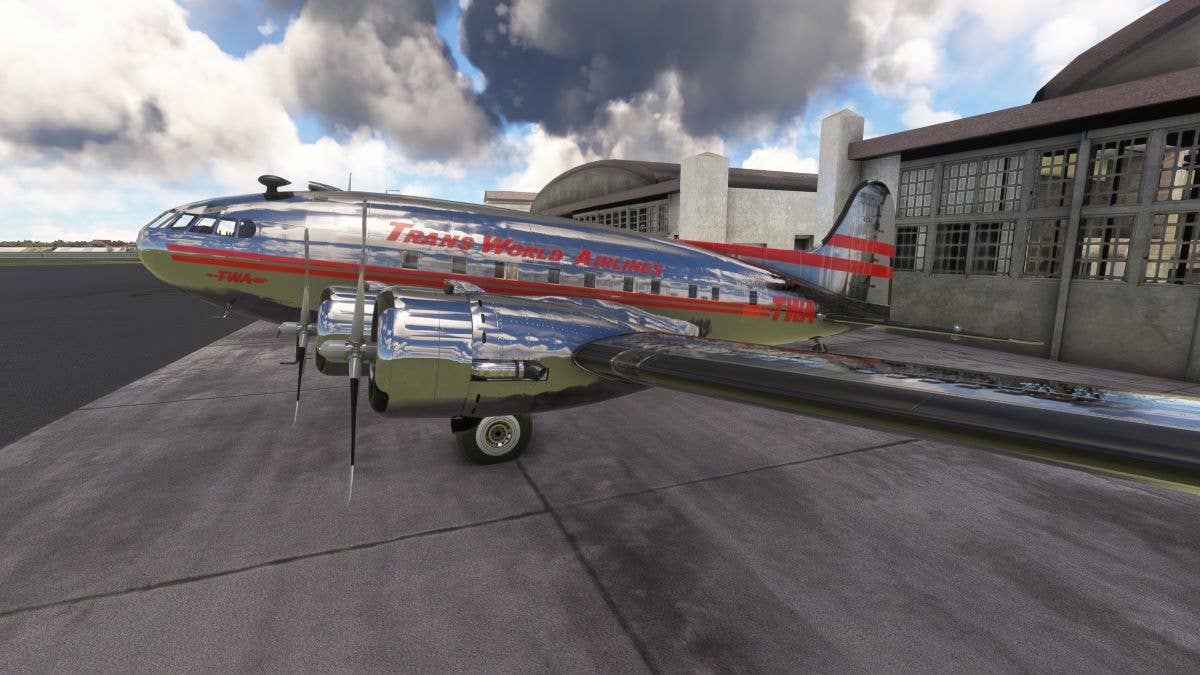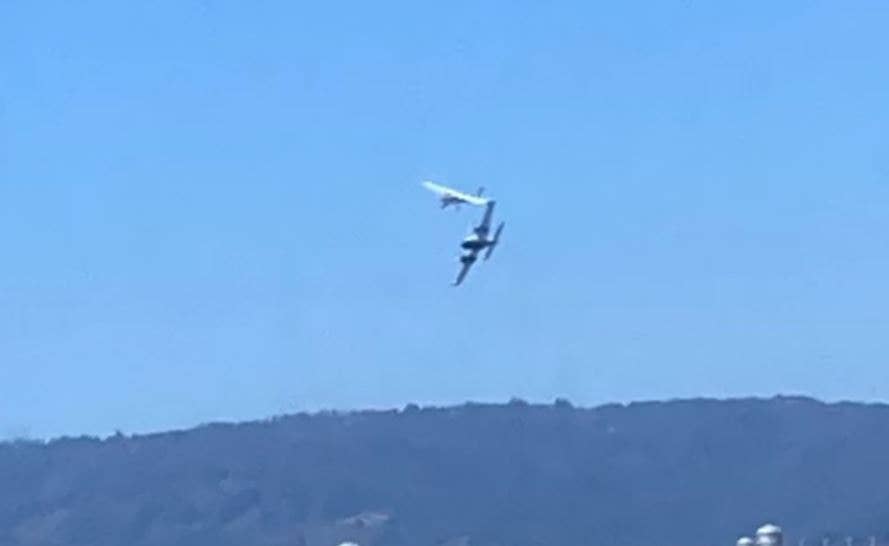
Matthew McDaniel is a four-time Master Flight Instructor who's logged over 11,000 hours in more than 70 aircraft types. He's owned and operated Progressive Aviation Services LLC (progaviation.com), specializing in technically advanced aircraft and glass cockpit training, since 2002. He says:
"Being a truly good pilot is a multifaceted skill: airmanship, knowledge and judgment. One who possesses two of those in abundance, yet lacks any one, cannot achieve the status of a good pilot. It is very rare, but there are some people who simply do not possess the skill set required to master the art of flying aircraft, regardless of how much effort they put forth or how much teaching skill the CFI brings to the table. But, that person is so rare that, in 20 years and nearly 5,000 hours of instructing, I have shared the cockpit with only one such person.
"Aeronautical knowledge is probably the simplest of the required traits to accomplish. Either there is the required commitment to study, learn, observe, listen and memorize, or there is not. Good instruction can make this process far more enjoyable and meaningful, but the receiver must commit to developing good study skills and using them. Finally, the toughest of all is judgment. Good judgment can do more to compensate for a lack of airmanship or aeronautical knowledge than vice versa. As the old saying goes, 'The superior pilot uses superior judgment to avoid situations that might require the use of superior skill.'
"I believe that effective instruction can teach good judgment, but the statistics have proved that poor judgment is often the weak link in the accident chain. It's the area where pilots most often fail and least often see their own weaknesses. However, experience has taught me that pilots with poorly developed judgment are not all unteachable. Focused instruction and leading by example are mandatory to effectively teach it though. Yes, almost anybody can be a good pilot. The question is: Who wants to be a good pilot bad enough to really do what it takes to achieve it?"
Jeanne MacPherson flew as a Montana freight pilot, has been a flight instructor for 18 years and works for Montana Aeronautics Division as the chief flight instructor and coordinator of Montana's air search and rescue program. She is a Master Flight Instructor, FAASTeam representative and member of SAFE. She says:
"My heart wants to say yes. I am a consummate optimist. I fill my journal with motivating quotes like 'If you can dream it, you can do it!' The story of Jessica Cox [who was born without arms] following her passion and learning to fly her Ercoupe inspires me. In my years as a flight instructor I have witnessed many wonderful successes. Perhaps my most challenging student — one who didn't seem to be 'getting it' at all — has now become not only a good pilot, but also an outstanding instructor in her own right. These stories and many more make me want to agree that anyone can become a good pilot by having the passion, a capable instructor and a supportive training environment.
"Yet my head makes me say no. My work as coordinator of air search and rescue for the state of Montana immerses me repeatedly into tragic situations in which pilots who supposedly have had a solid foundation of training and experience end up making errors of judgment, putting themselves and their passengers in harm's way. FAA studies have identified certain attitudes of pilots to be dangerous. Pilots who are risk-takers, who disdain the rules or who are impulsive or overconfident may have great skills and plenty of experience, but are they good pilots?
"Finally, even though stories like Jessica's make one feel like there are no limits to what a person can do, I have learned that there are limits. These limits might arise during a person's career, like the good pilot I know with advanced ratings and much experience who suffered a traumatic injury with permanent consequences. As I edge ever closer to senior citizenship myself, I am all too aware of how many good pilots develop health issues that make flying finally untenable.
"So, while passion, opportunity and training are all necessary factors to becoming a good pilot, they are not sufficient in themselves. Good pilots must also have certain minimum physical abilities. They must accurately perceive the currency of their skills. Above all, they must have the judgment and humility to say 'no' if the situation exceeds their personal limits."

Subscribe to Our Newsletter
Get the latest FLYING stories delivered directly to your inbox

